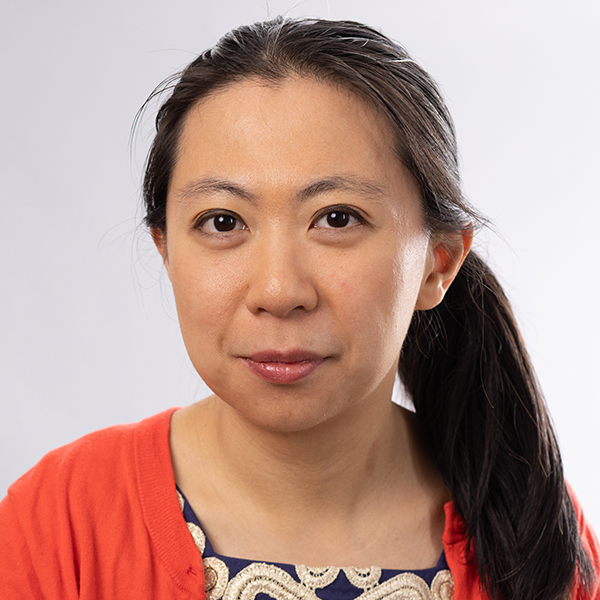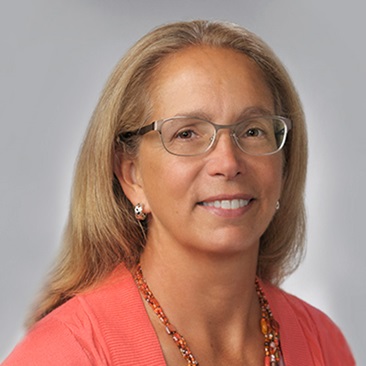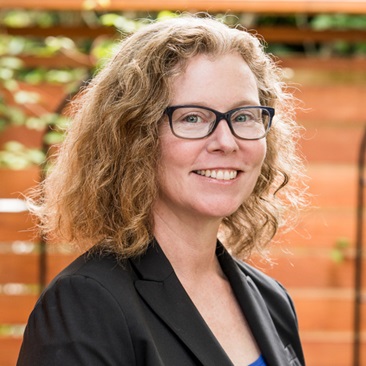full-time faculty teaching and conducting research in political science
of Maxwell faculty conduct research focused outside of the U.S.
graduate students in residence; fewer than 12 admitted each year
Undergraduate Studies
Graduate Studies

I am Maxwell.
Civic engagement is a core value for me. I have always aspired to help the communities I’m from.” Mazaher Kaila, a Maxwell alumna and third-year student at Syracuse University's College of Law, moved with her family from Sudan to Central New York when she was four years old. “I realized that to make meaningful change in society, I needed to understand the systems that power it—government and politics—and that’s insight I would gain by studying political science.”
Mazaher Kaila ’19, L’22
political science, law
D'Amico quoted in Christian Science Monitor article on the 2020 UN General Assembly
September 28, 2020
Christian Science Monitor
U.N. Secretary-General António Guterres noted in his address opening the United Nations General Assembly (UNGA) Tuesday that the world is at "another 1945 moment," referring to the hinge year that saw both the end of World War II and the founding of the U.N. "The U.S. chose multilateralism in 1945, and we were able to remake the world in our image, and in ways that served our interests," says Francine D’Amico, teaching professor of international relations. "But now Trump’s theme seems not to be America as leader or partner, but more of an America-focused individualism," she says. Read more in the Christian Science Monitor article "At UN assembly quieted by a pandemic, the US-China clash is loud." 09/28/20
Related News
Commentary

Aug 1, 2024
Commentary

Jul 31, 2024
Commentary

Jul 30, 2024
BaoBao Zhang Joins First Cohort of AI2050 Early Career Fellows
One of only 15 scholars chosen from across the U.S., Zhang will receive up to $200,000 in research funding over the next two years. Zhang will use the funding to partner with the nonprofit, non-partisan Center for New Democratic Processes to test whether public participation in AI governance is increased through the creation of public assemblies, known as “deliberative democracy workshops.”
Baobao Zhang
Assistant Professor, Political Science Department

D'Amico quoted in Christian Science Monitor article on the 2020 UN General Assembly
September 28, 2020
Christian Science Monitor
U.N. Secretary-General António Guterres noted in his address opening the United Nations General Assembly (UNGA) Tuesday that the world is at "another 1945 moment," referring to the hinge year that saw both the end of World War II and the founding of the U.N. "The U.S. chose multilateralism in 1945, and we were able to remake the world in our image, and in ways that served our interests," says Francine D’Amico, teaching professor of international relations. "But now Trump’s theme seems not to be America as leader or partner, but more of an America-focused individualism," she says. Read more in the Christian Science Monitor article "At UN assembly quieted by a pandemic, the US-China clash is loud." 09/28/20
Related News
Commentary

Aug 1, 2024
Commentary

Jul 31, 2024
Commentary

Jul 30, 2024

